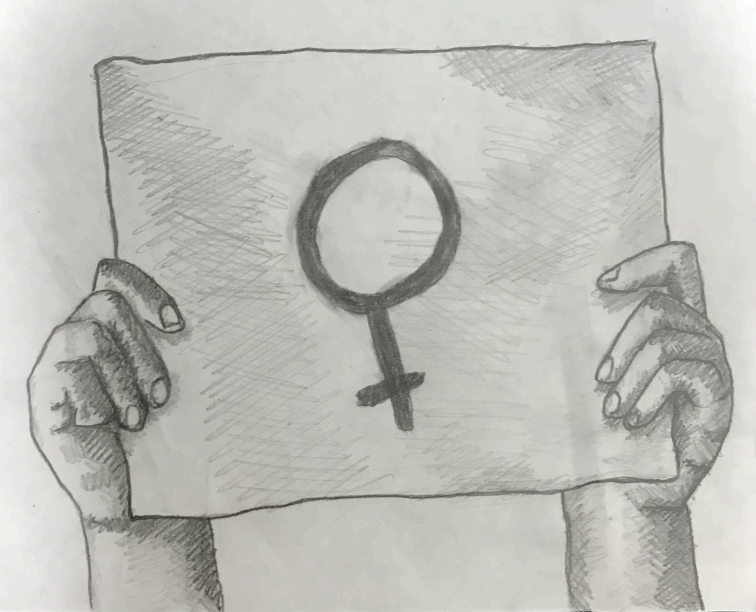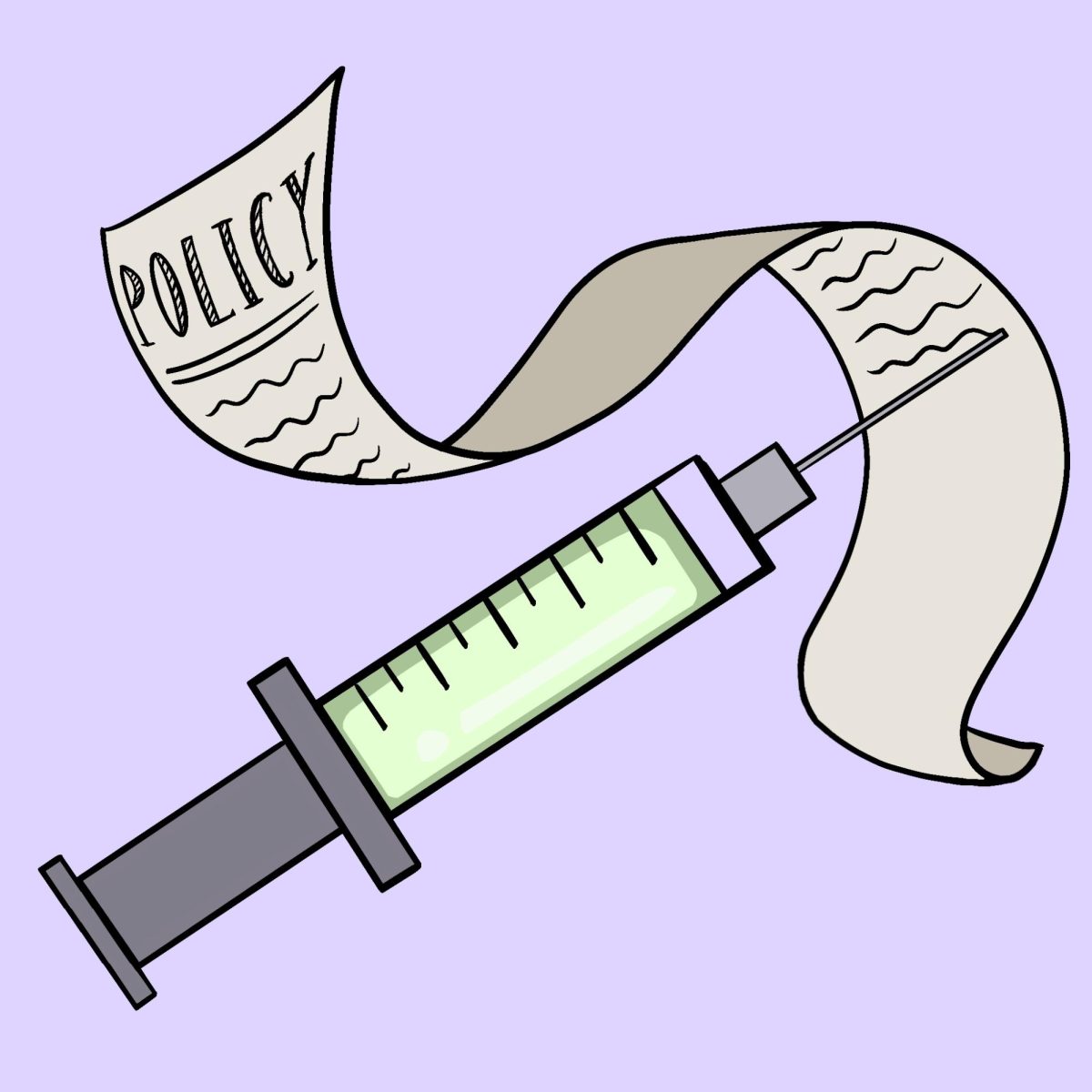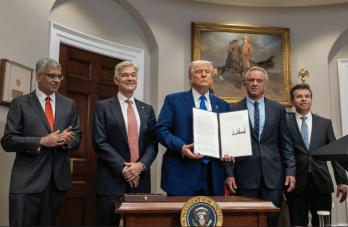On April 1st, Florida’s Supreme Court ruled that the question of abortion bans would be put up to the voters. Currently, the law states in Florida that abortion is banned 15 weeks after conception which will soon shift over to six weeks in May. However, in this upcoming November, the question on the ballot would give Floridians the chance to protect the right to abortion.
The law in question states that “No law should prohibit, penalize, delay or restrict abortion before viability or, when necessary, to protect the patient’s health as determined by the patient’s health care provider.” This will be a monumental decision no matter which way it goes. If this doesn’t pass, then Florida will likely continue to limit access to abortion and restrict people’s ability to make decisions about their bodies. Should this ballot measure pass, it would mark a significant victory for proponents of abortion rights and potentially set a precedent for other states facing similar debates. Many are hopeful that the citizens of Florida sway more pro choice than their lawmakers tend to.
As seen in other states since the reversal of Roe v. Wade, there have been many sweeping changes and threats to abortion care access. One notable example is Ohio and the state’s landmark decision in which Ohioans voted on and approved a state constitutional amendment that guarantees abortion rights to all citizens. This made Ohio the seventh state to protect abortion access through a constitutional amendment referendum after the overturning of Roe v. Wade. This decision has created, however, intense debate and division within the state of Ohio with many anti-abortion rights citizens voicing strong objections and concerns. Despite this victory in Ohio, Arizona recently took a massive step back for reproductive rights by reverting their abortion laws back to their status in 1864.
As the issue of abortion care continues to mold and shift across the country, the outcome of the upcoming ballot measure in Florida takes on an even bigger significance. Earlier in the year, a young woman in Florida named Deborah Dorbet was forced to carry out her pregnancy once she had found out her baby would have a life threatening disease called Potter Syndrome. Drobet told ABC News that not only was she preparing for birth, “But also planning a funeral for my child at the same time … they say [the baby will survive] 20 minutes to a few hours at tops because the lungs are underdeveloped and the baby just never learned how to breathe in the womb.”
Another woman in Florida, Anya Cook, was told she wouldn’t be able to deliver her child due to a complication. Instead of receiving adequate care, she was, as stated on the Floridians Protecting Freedom Website, “Forced to deliver her dead fetus alone in a bathroom at work, and she nearly died from the blood loss.” Because of these stories and many more, the vote in Florida will represent a crucial decision in the ongoing struggle to protect reproductive rights and abortion for all citizens.







